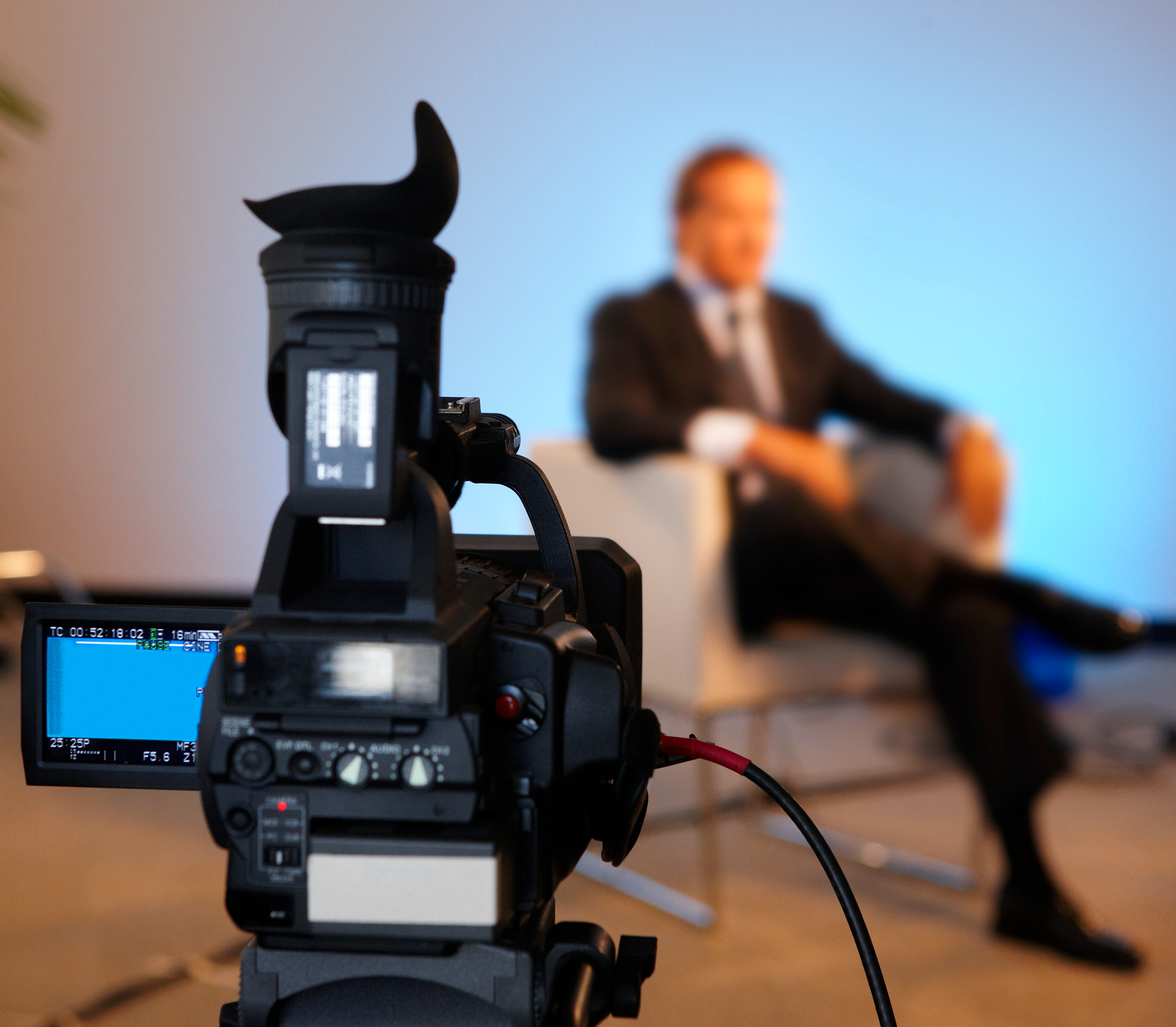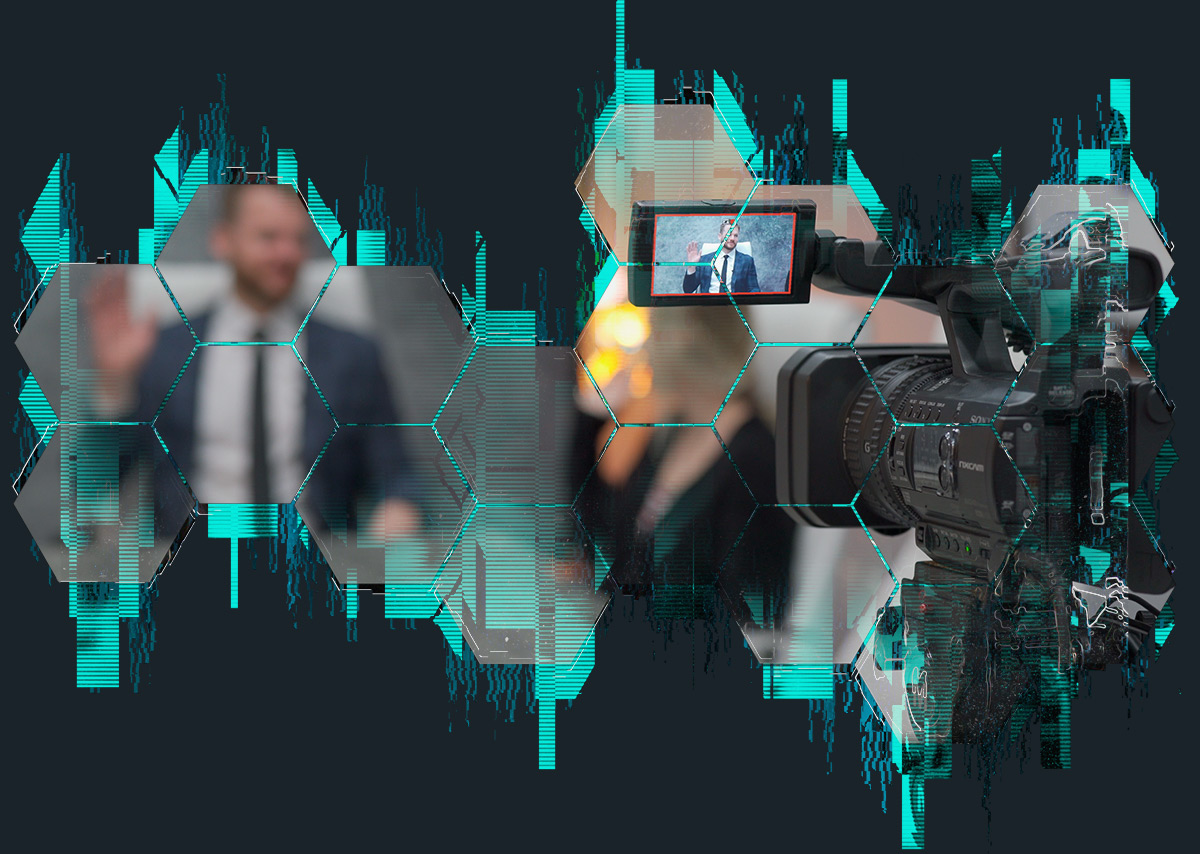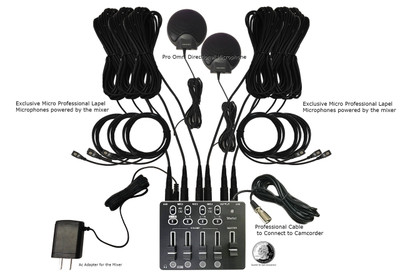The Significance of Legal Video Depositions in Modern Legal Services: What You Should Know
Lawful video clip depositions have actually come to be essential in today's lawful landscape. They give a multidimensional sight of witness statements that conventional transcripts simply can not match. By capturing both non-verbal and spoken communication, these depositions enhance the total understanding of a witness's credibility. Nonetheless, the efficiency of video clip depositions rests on various variables, consisting of compliance with lawful criteria and finest practices (legal video depositions). Discovering these aspects reveals their real importance in modern lawful services
What Are Lawful Video Depositions?
Legal video clip depositions act as a crucial device in the lawsuits process. They involve tape-recording witness testaments in a video clip layout, capturing both non-verbal and verbal communication. This technique enables lawyers to record the disposition, expressions, and reactions of witnesses, offering a richer context for the testament. Generally performed in a controlled atmosphere, these depositions are led by attorneys that ask questions while a court press reporter documents the discussion. The resulting video can be vital for test prep work, as it makes it possible for lawyers to assess the trustworthiness of witnesses and fine-tune their methods. Furthermore, legal video depositions can be utilized in various legal contexts, varying from civil disagreements to criminal instances. The aesthetic and auditory components of video clip depositions improve the presentation of proof, making it an essential part in the modern-day lawful landscape. Generally, they contribute considerably to the performance and performance of legal proceedings.

Advantages of Video Clip Depositions Over Traditional Techniques
Video clip depositions provide various advantages contrasted to traditional approaches of taking witness testaments. One significant benefit is the ability to record both audio and visual components, offering an extra detailed record of the witness's statements. This double layout enhances clarity and enables lawyers to reference particular subtleties during trial preparation. In addition, video depositions help with remote involvement, making it less complicated for witnesses who may be not available for in-person appearances because of geographical restraints or wellness issues.Moreover, video clip depositions can accelerate the general deposition process, minimizing the moment and expenses linked with travel and logistics. They additionally improve availability, as videotaped depositions can be conveniently shared amongst lawful groups and referenced at any moment. This convenience adds to better situation monitoring and preparation. On the whole, video clip depositions stand for a modern-day, effective technique to gathering witness statements, aligning with the evolving needs of the lawful occupation.
The Role of Body Movement and Tone in Testimonies

In lawful video depositions, body language and tone play essential functions in communicating a witness's reputation and trustworthiness. Nonverbal cues can give insights right into a witness's emotion, affecting just how their testament is regarded. Comprehending the influence of these components is essential for jurors and attorneys alike when assessing the integrity of a statement.
Nonverbal Interaction Insights
While verbal communication is commonly emphasized in legal testaments, nonverbal signs such as body movement and tone play an essential role in communicating credibility and emotion. Onlookers of depositions may note that a witness's pose, gestures, and faces can greatly affect perceptions of reliability. As an example, consistent eye call may signal self-confidence, while avoiding stare can recommend dishonesty or pain. Similarly, the intonation-- its quantity, pitch, and pace-- can present sensations of genuineness or uncertainty. Attorneys should be in harmony with these nonverbal signals, as they commonly offer important context that complements talked words. Comprehending these subtleties can improve the performance of depositions and affect the result of lawful process.
Emotional Tone Influence
The psychological tone conveyed throughout legal statements substantially affects how a witness is perceived. Body movement, vocal inflections, and faces play essential roles fit the story of a statement. A witness showing self-confidence with consistent eye call and a calm tone can infuse a feeling of integrity and interaction. Alternatively, signs of anxiety, such as fidgeting or an unstable voice, may bring about uncertainty regarding their account. The nuances of emotional expression can influence the interpretation of facts, making it essential for lawyers to recognize these cues. In video depositions, the acoustic and visual components combine, highlighting the significance of emotional tone in sharing sincerity and truthfulness within the legal process.
Reliability and Dependability
A vital consider establishing reputation and trustworthiness during testimonies hinges on the witness's body language and intonation. Viewers frequently rely upon non-verbal cues-- such as eye contact, posture, and gestures-- to evaluate a witness's genuineness. A witness who keeps eye get in touch with and displays open body language might be regarded as even more reputable and honest than one that avoids eye contact or appears shut off. Additionally, tone of voice plays an important duty; a steady, calm tone can strengthen the credibility of the statement, while fluctuations in pitch or volume may raise questions. Eventually, the combination of body movement and vocal tone substantially influences how a witness's statements are received and interpreted in a lawful context.
Best Practices for Conducting Video Depositions
Performing video depositions requires mindful planning and implementation to guarantee a clear and efficient presentation of statement. Initially, it is necessary to select a peaceful, well-lit place to minimize distractions and safe optimal video clip quality. The devices needs to be evaluated in development, including cams, microphones, and lights, to stay clear of technical concerns during the deposition.Next, parties entailed should examine the layout and treatments ahead of time, making sure that everybody recognizes their functions. The deponent ought to be briefed on the procedure, consisting of just how to react plainly and concisely.Additionally, preserving a specialist demeanor throughout the session is important. This includes refraining from talking over each other and validating that all concerns are directed appropriately. Ultimately, it is crucial to videotape the deposition in a style that enables easy playback and review, preserving the honesty of the testament for future use.
Legal Considerations and Compliance Issues
How do lawful factors to consider and conformity issues impact the efficiency of video depositions? Attorneys must navigate a complicated landscape of regulations, making certain that video depositions abide by administrative regulations and requirements. Compliance with laws concerning personal privacy, consent, and videotaping techniques is essential. As an example, getting specific approval from all parties included is essential to prevent lawful repercussions.Additionally, the admissibility of video clip evidence in court can rest on compliance with step-by-step needs. Making sure that the tools made use of satisfies technological standards is likewise vital, as low quality can threaten the deposition's reliability.Moreover, lawyers should be conscious of any type of certain state legislations that control video clip depositions, as these can vary significantly. Failure to address these considerations can not just threaten the stability of the deposition yet also affect the total situation approach, eventually impacting the customer's lawful outcomes.
Just How Video Depositions Impact Jury Perception
While video depositions can see this site function as powerful tools in legal proceedings, their influence on court perception is substantial. The aesthetic and acoustic elements of video clip recordings supply jurors with an extra extensive understanding of witness disposition, integrity, and emotional responses. This multimedia method can improve the jurors' ability to evaluate the dependability of statement compared to conventional text-based transcripts.Moreover, video clip depositions allow jurors to observe body language, tone of voice, and faces, all of which can influence their interpretation of the witness's statements. The presence of a witness on screen can humanize them, cultivating compassion and link, which might guide jurors' point of views. On the other hand, a witness that appears untrustworthy or evasive on video clip may lead to negative perceptions that affect a court's choice. Inevitably, the dynamic nature of video clip depositions plays a crucial function in shaping just how jurors analyze proof and reach their decisions.
The Future of Video Depositions in Legal Practice
As innovations in technology remain to reshape the lawful landscape, the future of video clip depositions is poised for significant development. Technologies such as man-made knowledge, virtual fact, and enhanced video clip conferencing tools are expected to streamline the deposition procedure and boost ease of access. Legal professionals might use AI-driven analytics to evaluate witness reliability and situation stamina a lot more effectively.Moreover, the assimilation of virtual fact can enable juries to experience immersive simulations of depositions, giving much deeper context and understanding. In addition, the fad toward remote depositions is most likely to linger, supplying better versatility for clients and attorneys alike.As remote work becomes a fantastic read significantly stabilized, video depositions will likely become typical method, minimizing expenses and time constraints related to typical methods. On the whole, these technological improvements guarantee to boost the effectiveness, efficiency, and accessibility of video clip depositions in legal technique, eventually transforming just how legal specialists get ready for test.
Frequently Asked Inquiries
Just How Much Do Lawful Video Depositions Generally Cost?

Can Video Clip Depositions Be Utilized in Any Kind of Instance?
Video clip depositions can be utilized in different types of cases, consisting of civil, criminal, and household law. Their flexibility permits lawyers to present witness testaments effectively, adjusting to the certain demands of different lawful circumstances.
What Devices Is Required for a Video Deposition?
To perform a video clip deposition, necessary equipment includes a top notch electronic camera, microphone, lights, and a reliable recording tool. In addition, a computer system with editing and enhancing software may be necessary for post-production and formatting the final video clip.
Exactly how Lengthy Does a Common Video Deposition Last?
A regular video clip deposition lasts between two to 4 hours, relying on the intricacy of the situation and the number of concerns positioned. Extensive sessions may happen, but breaks are typically included for individual convenience.

Are Video Depositions Admissible in Court?
Video depositions are generally acceptable in court, given they stick to legal criteria and policies of evidence. Their usage improves clearness and preserves witness testimony, aiding in the judicial process throughout tests and hearings. Lawful video depositions have actually ended up being important in today's legal landscape. Additionally, legal video clip depositions can be used in numerous legal contexts, ranging from civil conflicts to criminal situations. Additionally, video clip depositions promote remote engagement, making it much easier for witnesses that might be inaccessible for in-person looks due to geographical constraints or health and wellness issues.Moreover, video depositions can quicken the general deposition procedure, decreasing the time and costs associated with traveling and logistics. Making sure that the devices used meets technological standards is additionally essential, as inadequate top quality can weaken the deposition's reliability.Moreover, lawyers need to be mindful of any kind of particular state regulations that govern video clip depositions, as these can differ considerably. Furthermore, the fad towards remote depositions is likely to continue, using higher adaptability for customers and lawyers alike.As remote job becomes increasingly normalized, video clip depositions will likely end up website here being common method, lowering costs and time restrictions connected with typical approaches.